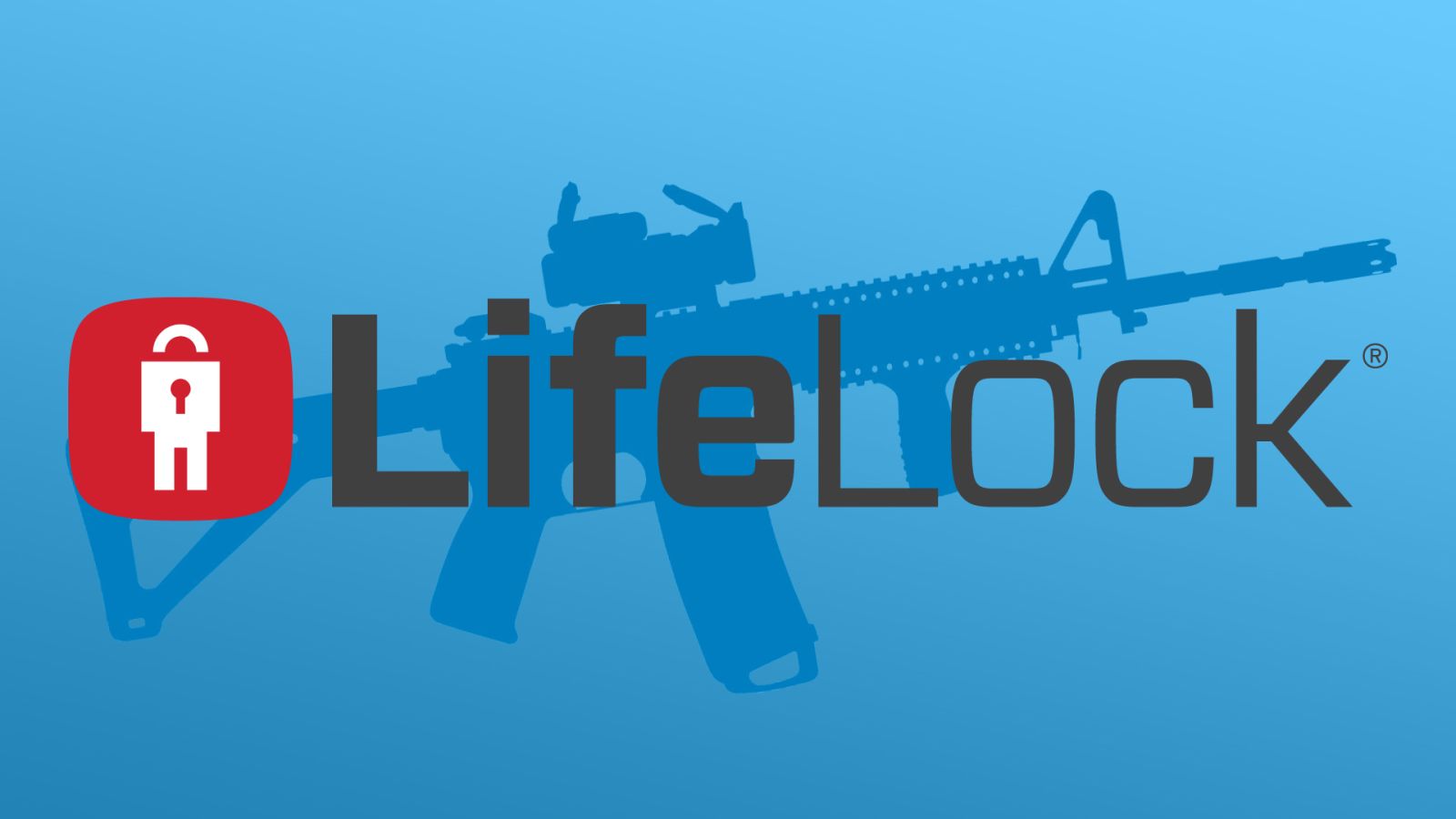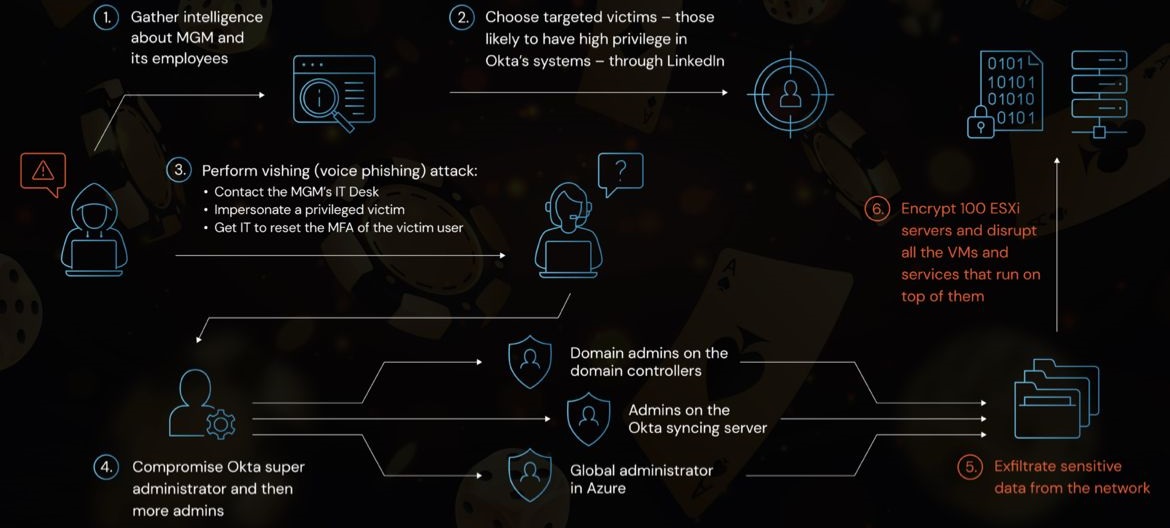
On 15 January 2023, Norton LifeLock, a company that provides identity protection services, disclosed that the personal information of thousands of its customers had been compromised in a data breach. The breach affected approximately 6,450 customers, and the information that was stolen included names, email addresses, passwords, and Social Security numbers.
The impact of the data breach could be significant for those affected. With this information, criminals could open new accounts in the victim's name, apply for loans, or even file taxes. They could also use the information to steal the victim's identity and commit other crimes.
In addition to the immediate financial impact, the data breach could also have a long-term impact on the victims' credit scores and ability to obtain loans or credit cards. It could also damage their reputation and make it difficult to get a job.
Those who have been affected by the data breach should take steps to protect themselves. This includes changing their passwords for all of their online accounts, placing a fraud alert on their credit report, and monitoring their credit report for any suspicious activity. They should also contact LifeLock at 1-800-277-7781 for more information about the data breach and how to protect themselves.
The LifeLock data breach is a reminder that no company is immune to cyberattacks. It is important to take steps to protect your personal information, even if you are a customer of a company that provides identity protection services.
The Impact on Individuals
The impact of the LifeLock data breach on individuals could be significant. Here are some of the ways that the breach could affect individuals:
Financial loss: Criminals could use the stolen information to open new accounts in the victim's name, apply for loans, or even file taxes. This could lead to financial loss for the victim, as they would be responsible for any debts or obligations incurred by the criminals.
Damage to credit report: Criminals could use the stolen information to make unauthorized purchases or take out loans in the victim's name. This could damage the victim's credit report and make it difficult to obtain loans or credit cards in the future.
Reputational damage: If criminals use the stolen information to commit crimes, the victim's name could be associated with those crimes. This could damage the victim's reputation and make it difficult to get a job or rent an apartment.
Stress and anxiety: The experience of being the victim of a data breach can be stressful and anxiety-provoking. Victims may worry about the financial and reputational damage that the breach could cause. They may also worry about the possibility of identity theft.
The Impact on the Identity Protection Industry
The LifeLock data breach is a setback for the identity protection industry. It raises questions about the effectiveness of these services and the security of the data that they collect.
However, it is important to remember that identity theft is a serious problem, and identity protection services can still play a valuable role in helping people protect their personal information. If you are considering using an identity protection service, it is important to do your research and choose a company that has a good reputation and a strong track record of security.
The Impact on the Future of Data Security
The LifeLock data breach is a reminder that no company is immune to cyberattacks. It is important for all companies to take steps to protect their data, including implementing strong security measures and educating employees about data security best practices.
The breach also highlights the need for better data security standards. Currently, there are no federal laws that specifically regulate data security. This leaves companies to develop their own data security policies, which can vary widely in effectiveness.
There is a growing movement to enact federal data security legislation. This legislation would establish minimum data security standards for all companies that collect and store personal information. This would help to protect consumers from data breaches and the potential consequences of those breaches.
The LifeLock data breach is a wake-up call for all of us. It is important to be aware of the risks of data breaches and to take steps to protect our personal information. We should also advocate for stronger data security standards to help protect consumers from the consequences of these breaches.

